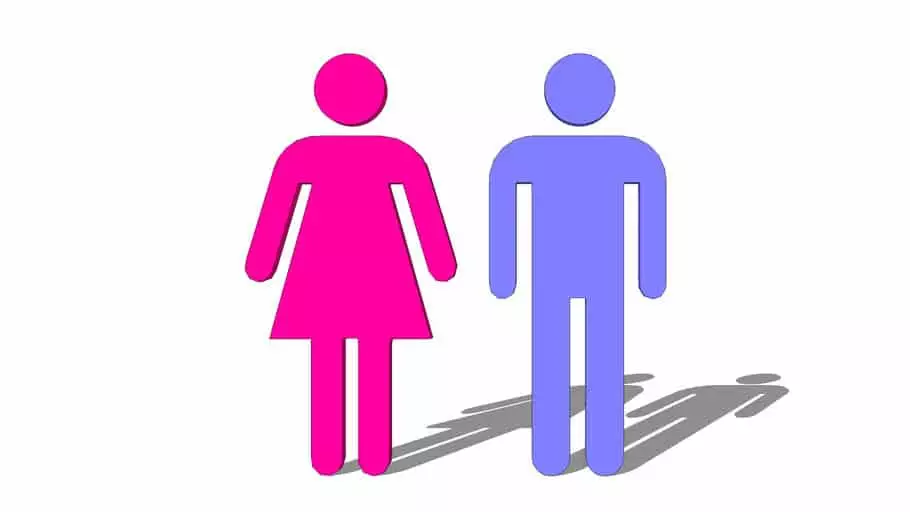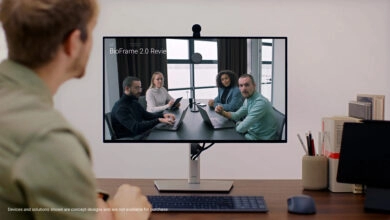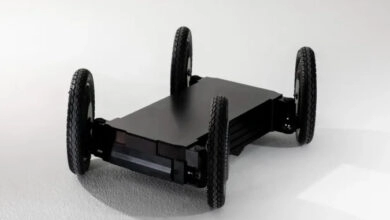Prejudices and discrimination in technology, strategies to address them

The documentary Coded Bias by director Shalini Kantayya was also presented at the Tech Gender Bias meeting.
The relationship between women and technology is often linked to the issue of prejudice and discrimination. This was discussed in the Tech Gender Bias panel of Milan Digital Week, where Massimiliano Mostardini (Partner Bird & Bird), Catherine D’Ignazio (Assistant Professor in Urban Science and Planning at MIT, co-author of the book “Data Feminism”), Ivana Bartoletti (Visiting Policy Fellow at the University of Oxford and founder of Women in AI Network) with the participation of Shalini Kantayya (Director and producer of “Coded Bias) spoke.
Massimiliano Mostardini began by recalling that “men are often unaware of the privilege they have: we understand what discrimination against women is only when we participate in it”. For Mostardini, therefore, it is men who must change their attitude, not women. In the world of technology, his idea would be to “create an AI that fills this gap: if artificial intelligence has helped increase problems, then why don’t we use it to rebalance this difference? Let’s make him learn to be impartial, to change perspective.”
Examples of technological discrimination are wasted, noted Catherine D’Ignazio, who quoted one: “Amazon, on the CVs of candidates for new jobs, used software to understand who had attended women-only schools”. The point, for the professor, is to solve the problem from the basis, “from discrimination in the workplace, from the problems that women have in all fields, let us think only of how unequal power is in the world in general”. In her book Data Feminism D’Ignazio focused, in fact, on the different forms of inequality. “The goal was to try to have a new vision, to use technologies to understand how to bridge differences and create a future with a more feminine and feminist approach.”
Ivana Bartoletti started with a question: “Today we have a lot of smart tools that we can instruct to our advantage. All this technology is great, but is it really making life better for us women?” For Bartoletti, discrimination can be resolved when there are more women in the key roles of technology companies, where the tools and products of the sector are developed, where artificial intelligence is used or an algorithm created. “It’s critical to understand that we’re not talking about a problem limited to the world of technology, but about power roles,” he concluded.
The panel ended with an interview with Shalini Kantayya, director of the documentary “Coded Bias” (available until March 21) illustrating the work of Joy Buolamwini, computer scientist at MIT. “I didn’t think about making a film about women – explained the director – but during the research I came across very often successful women in this field so it was natural to talk about it. I wanted to bring out their key role, while many think they are just a marginal group.” The documentary addresses the issue of discrimination created by facial recognition technology, now used in many fields, from security to politics. “Before I made the documentary I didn’t even know what an algorithm was – kantayya explained – Now I realized that we are leaving our lives in their hands”.




